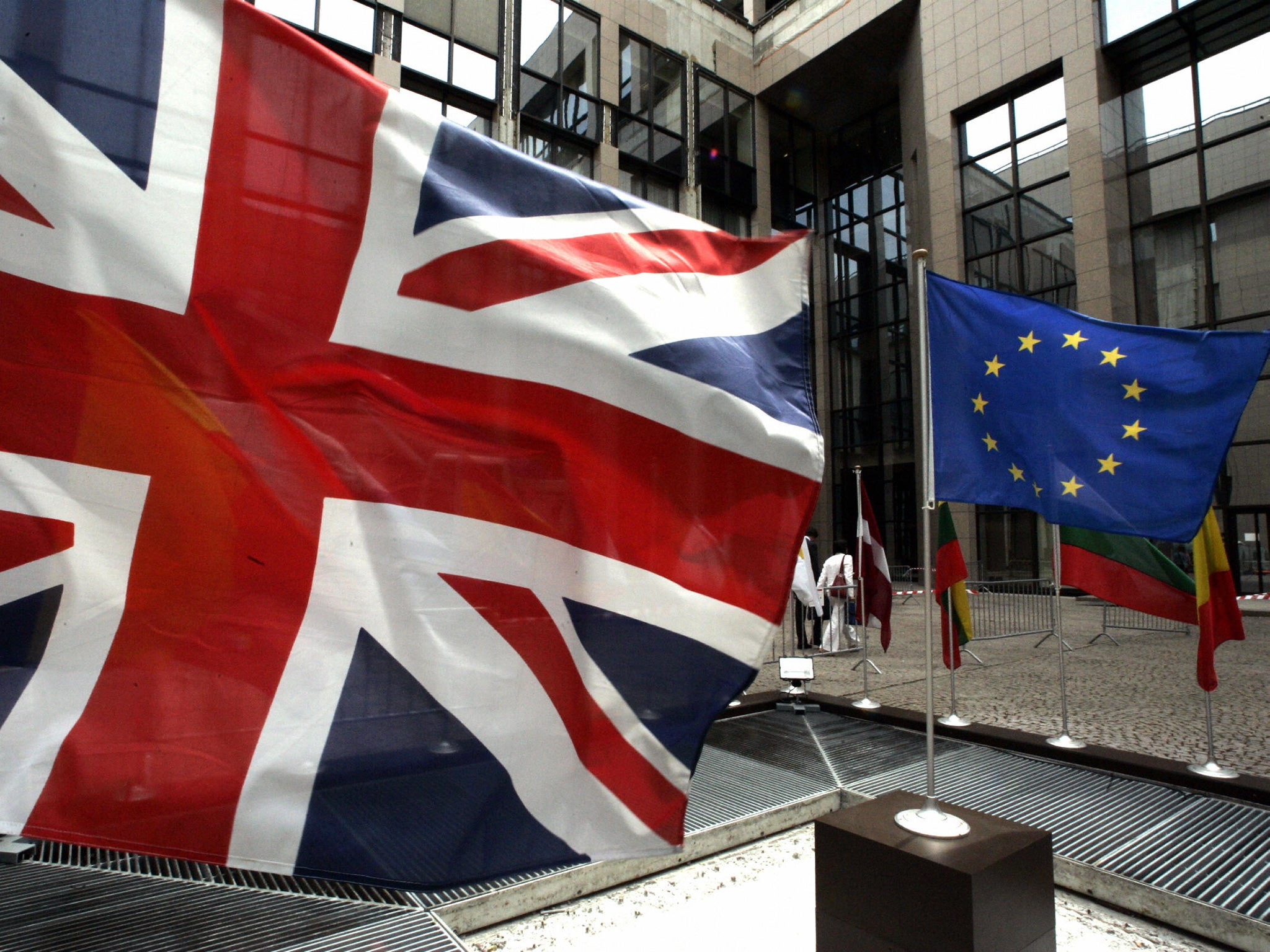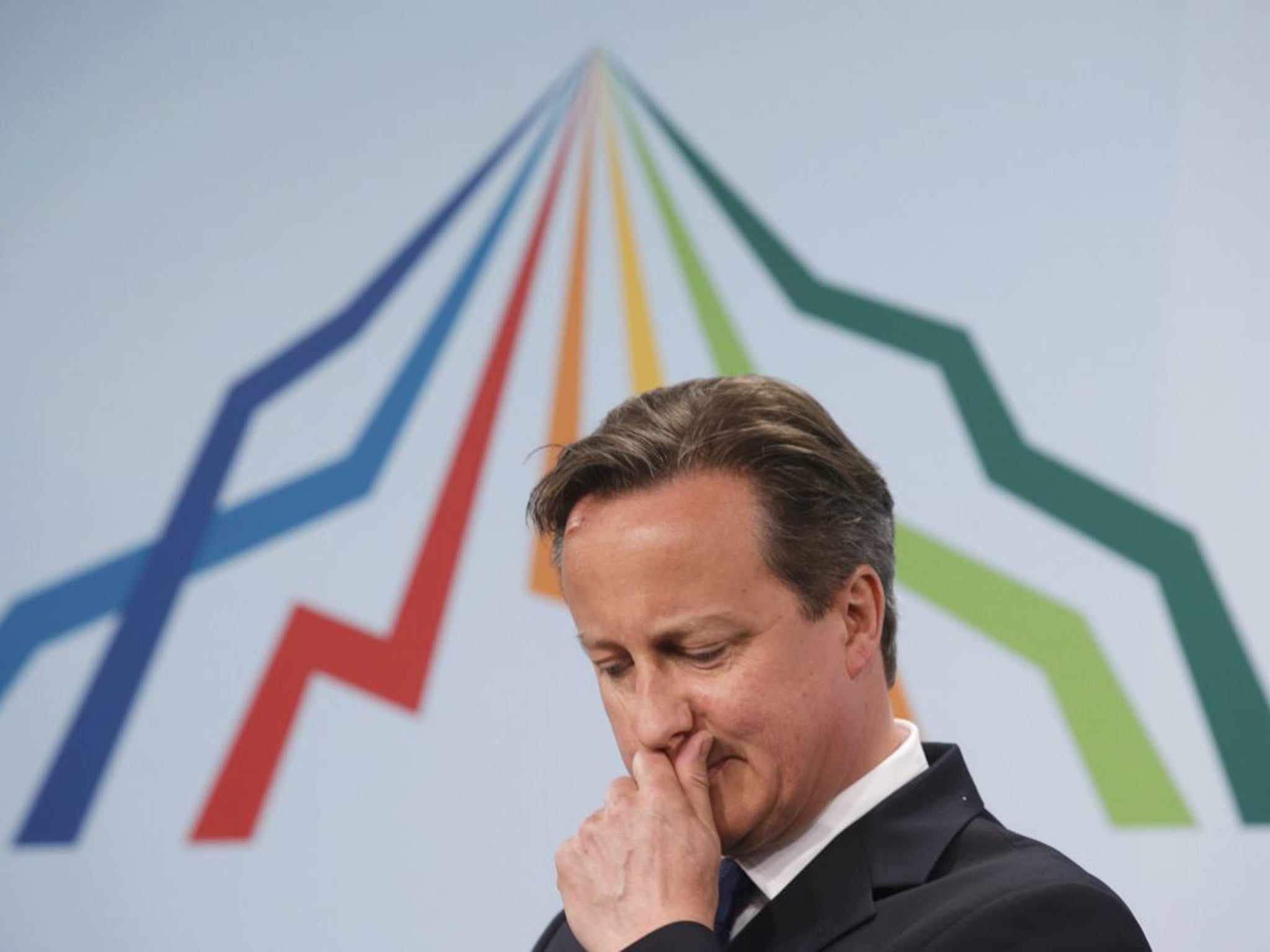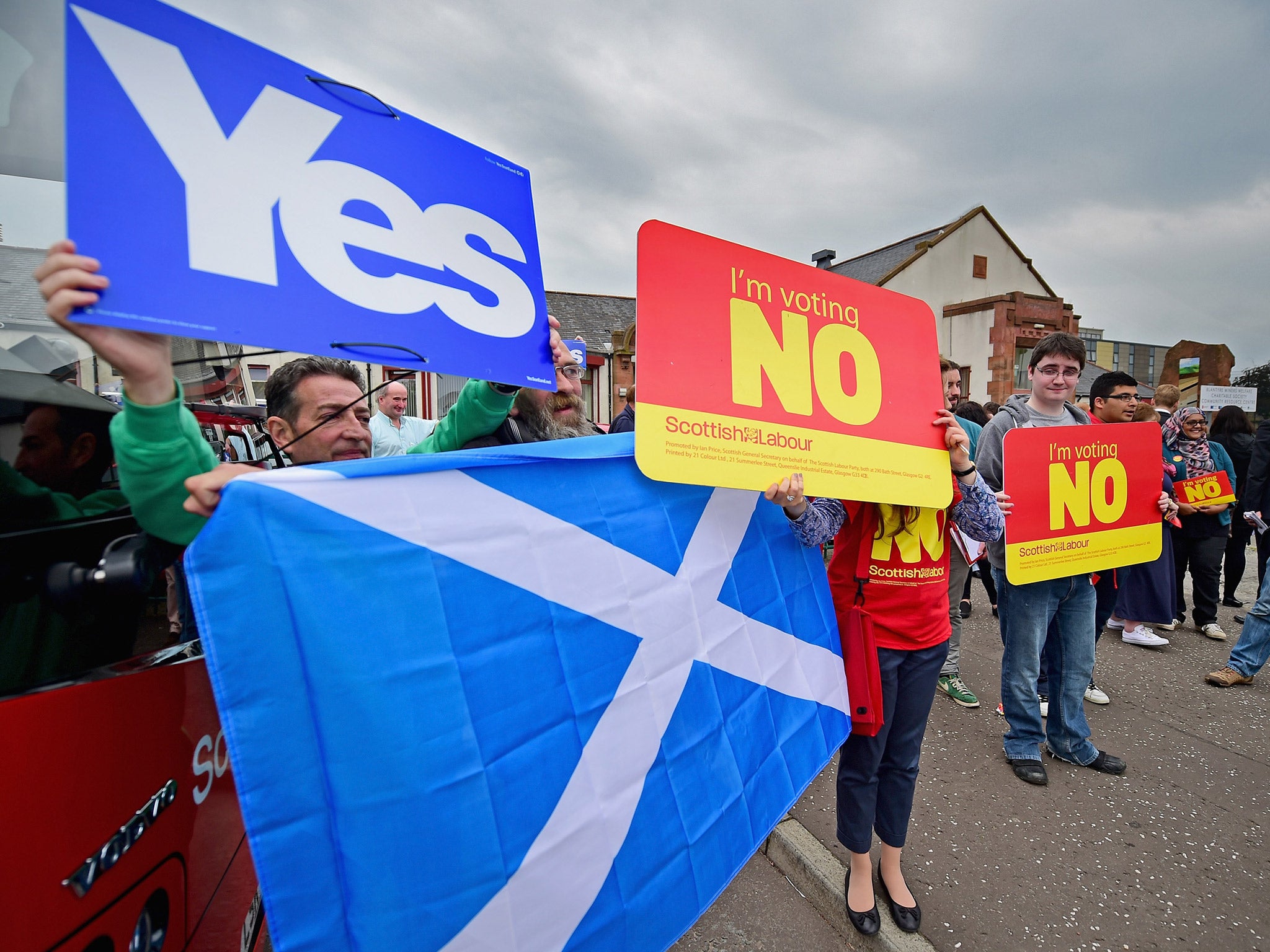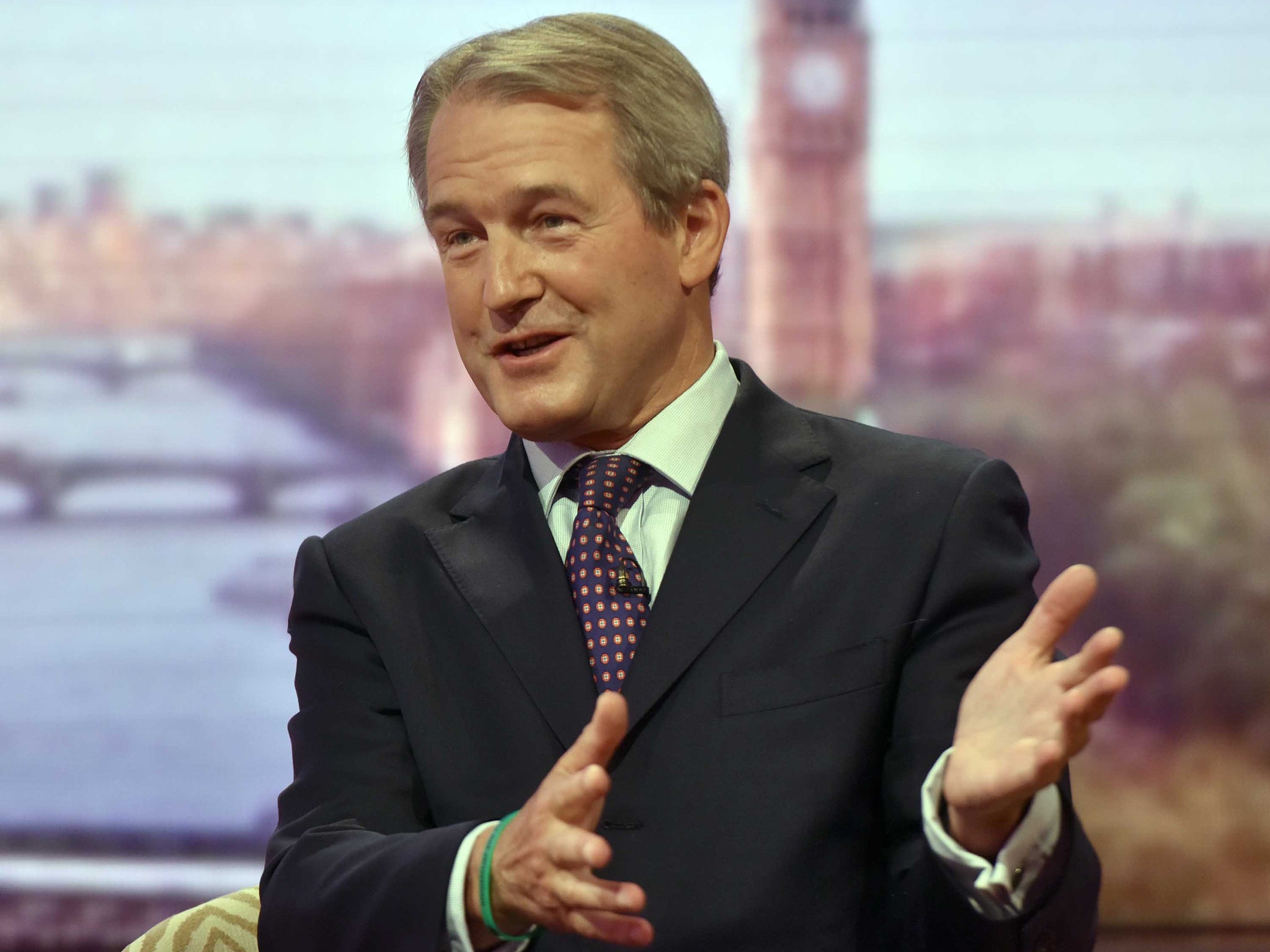What is purdah and why is the Conservative party infighting over the Persian word for curtain?
Eurosceptic MPs are not happy with the government's plans to scrap the normal restrictions on government activity in the run up to the EU referendum

Your support helps us to tell the story
From reproductive rights to climate change to Big Tech, The Independent is on the ground when the story is developing. Whether it's investigating the financials of Elon Musk's pro-Trump PAC or producing our latest documentary, 'The A Word', which shines a light on the American women fighting for reproductive rights, we know how important it is to parse out the facts from the messaging.
At such a critical moment in US history, we need reporters on the ground. Your donation allows us to keep sending journalists to speak to both sides of the story.
The Independent is trusted by Americans across the entire political spectrum. And unlike many other quality news outlets, we choose not to lock Americans out of our reporting and analysis with paywalls. We believe quality journalism should be available to everyone, paid for by those who can afford it.
Your support makes all the difference.Infighting has broken out in the Conservative party over the Persian word for curtain: purdah.
What is purdah?
The term is used to describe the period between the time the election is announced and the date the election is held and imposes a ban on promotional material produced by central and local government that could affect how people vote.
Under purdah rules, Whitehall departments and civil servants are banned from using official government resources to make the case for any side in an election

Civil servants are restricted only to produce the bare facts and procedural information during the purdah period, meaning press offices are not allowed to distribute information that might be deemed as biased.
Why does the government want to relax purdah rules for the EU referendum?
David Cameron wants to lift the restrictive purdah rules during the EU referendum campaign for several reasons.
Firstly, he is worried that imposing the usual limits on during the campaign would impair the government’s other responsibilities. The EU referendum may be crucial but it still has to run the country and there are plenty of other important issues the government has to deal with during the campaign. It’s not like an election – we will have the same Conservative government regardless of the result in the referendum.
Secondly, the Prime Minister has made it clear the government will not be neutral during the referendum. He is aiming to secure a successful renegotiation of Britain’s relationship with the EU, which he then hopes British voters will vote in favour of when he puts it to a national vote before the end of 2017.

He does not want to be restricted in his ability to persuade voters to back his renegotiated settlement.
Thirdly, the Westminster and Edinburgh governments came very close to breaching purdah rules. Like in the EU referendum, neither were neutral, which led to civil servants producing clearly biased documents – on orders from their ministers – in efforts to persuade voters of their respective arguments.
By scrapping purdah for the EU referendum it would free central and local government of the danger of breaking the restrictive purdah rules.
Why are Tory MPs rebelling over plans to suspend purdah?
Eurosceptic MPs fear that lifting the normal restrictions on the government’s ability to influence the EU referendum result in the run up to the vote would lead to the powerful Whitehall machinery churning out pro-EU material and would impose no limits on local government distributing similar literature to voters.

Bernard Jenkin, a leading Tory Eurosceptic MP, said lifting purdah would mean the government could use its “entire publicity machine to brief the media, to skew the battlefield”, while Owen Paterson, a former Cabinet minister, warned that voters would feel the referendum was being “rigged” if normal pre-election restrictions were lifted.
Meanwhile the influential anti-EU Business for Britain pressure group has complained that purdah was essential to ensure the government does not “unduly influence” the outcome of the referendum by “stacking the deck” in favour of a Yes vote.
“Ministers have clearly been poorly advised on the need for purdah rules and should think again before they damage the credibility of the whole process,” said Robert Oxley, campaign director of the group.

Eurosceptics fear that the lifting of normal purdah rules will lead to the government and the European Commission spending millions of taxpayers’ money on pro-EU propoganda.
While spending limits would apply to the official Yes and No campaigns, there would be no such limits on spending by central, local and European governments, under the plans to suspend the same restrictions that were in place for the Scottish independence and AV referendums to prevent the government interfering during the campaign.
Join our commenting forum
Join thought-provoking conversations, follow other Independent readers and see their replies
Comments